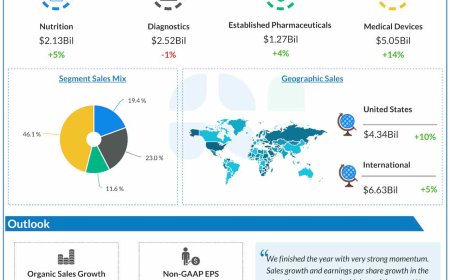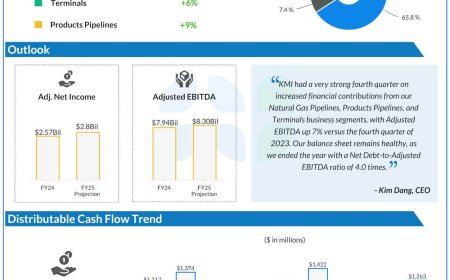International Diesel Prices Surge After U.S. Sanctions on Russia
Diesel prices in Asia, Europe, and the U.S. jumped this week as the latest U.S. sanctions on Russia’s oil industry added to colder winter weather to boost futures prices and margins amid expectations of reduced diesel and crude supply from Russia. On January 10, the outgoing U.S. Administration imposed the most aggressive sanctions on Russia’s oil yet, designating two major Russian oil companies, Gazprom Neft and Surgutneftegas, as well as 183 vessels, dozens of oil traders, oilfield service providers, insurance companies, and energy officials. In the week following the sanctions, the benchmark diesel contract in Europe deepened the backwardation structure to a 10-month high, according to data by LSEG quoted by Reuters. The backwardation futures market structure signals tight supplies or market deficit, and in it, prices for front-month contracts are higher than the ones further out in time. Diesel refining margins hit their highest level in more than five months at $20 per barrel on Thursday. Margins in Asia also surged by 8% on Monday, the first trading day after the U.S. sanctions were announced last Friday, before giving up some gains by the end of this week. Diesel futures prices in the United States have also rallied, although cold winter weather was a bigger factor than the sanctions on Russia. The direct sanctions on Gazprom Neft and Surgutneftegas, which operate refineries in Russia, are expected to disrupt fuel product exports of these two companies. At least 150,000 barrels per day (bpd) of Russia’s diesel exports, courtesy of these firms, are at risk, according to estimates by consultancy Energy Aspects. “Diesel [profit margins] are up following news on the sanctions, and we expect meaningful disruptions to Russian diesel exports,” Energy Aspects analyst Natalia Losada told Reuters. The sanctions are set to increase costs for crude supply to Asia, where refiners’ profits could be constrained by the higher-priced oil, analysts say. By Tsvetana Paraskova for Oilprice.com

Diesel prices in Asia, Europe, and the U.S. jumped this week as the latest U.S. sanctions on Russia’s oil industry added to colder winter weather to boost futures prices and margins amid expectations of reduced diesel and crude supply from Russia.
On January 10, the outgoing U.S. Administration imposed the most aggressive sanctions on Russia’s oil yet, designating two major Russian oil companies, Gazprom Neft and Surgutneftegas, as well as 183 vessels, dozens of oil traders, oilfield service providers, insurance companies, and energy officials.
In the week following the sanctions, the benchmark diesel contract in Europe deepened the backwardation structure to a 10-month high, according to data by LSEG quoted by Reuters.
The backwardation futures market structure signals tight supplies or market deficit, and in it, prices for front-month contracts are higher than the ones further out in time.
Diesel refining margins hit their highest level in more than five months at $20 per barrel on Thursday.
Margins in Asia also surged by 8% on Monday, the first trading day after the U.S. sanctions were announced last Friday, before giving up some gains by the end of this week.
Diesel futures prices in the United States have also rallied, although cold winter weather was a bigger factor than the sanctions on Russia.
The direct sanctions on Gazprom Neft and Surgutneftegas, which operate refineries in Russia, are expected to disrupt fuel product exports of these two companies.
At least 150,000 barrels per day (bpd) of Russia’s diesel exports, courtesy of these firms, are at risk, according to estimates by consultancy Energy Aspects.
“Diesel [profit margins] are up following news on the sanctions, and we expect meaningful disruptions to Russian diesel exports,” Energy Aspects analyst Natalia Losada told Reuters.
The sanctions are set to increase costs for crude supply to Asia, where refiners’ profits could be constrained by the higher-priced oil, analysts say.
By Tsvetana Paraskova for Oilprice.com











































